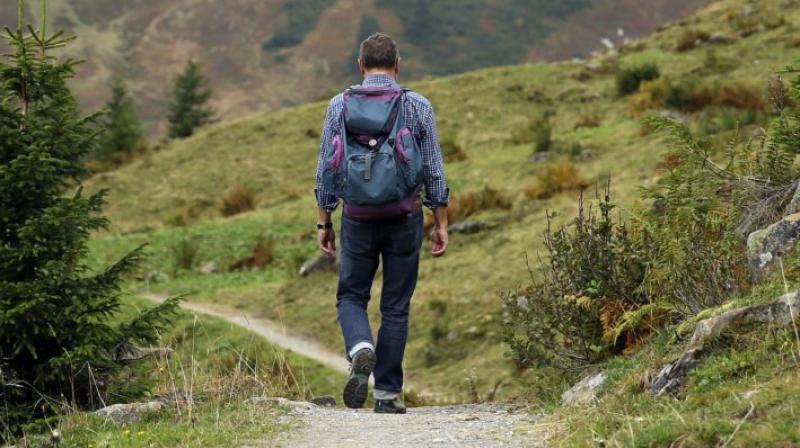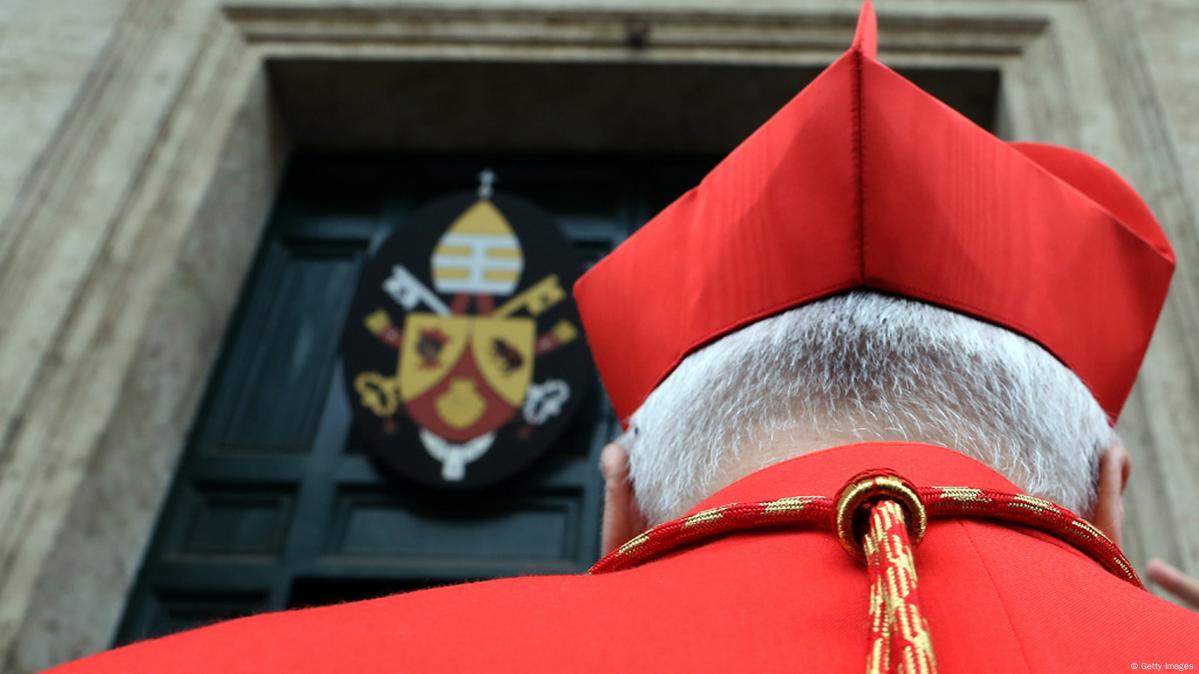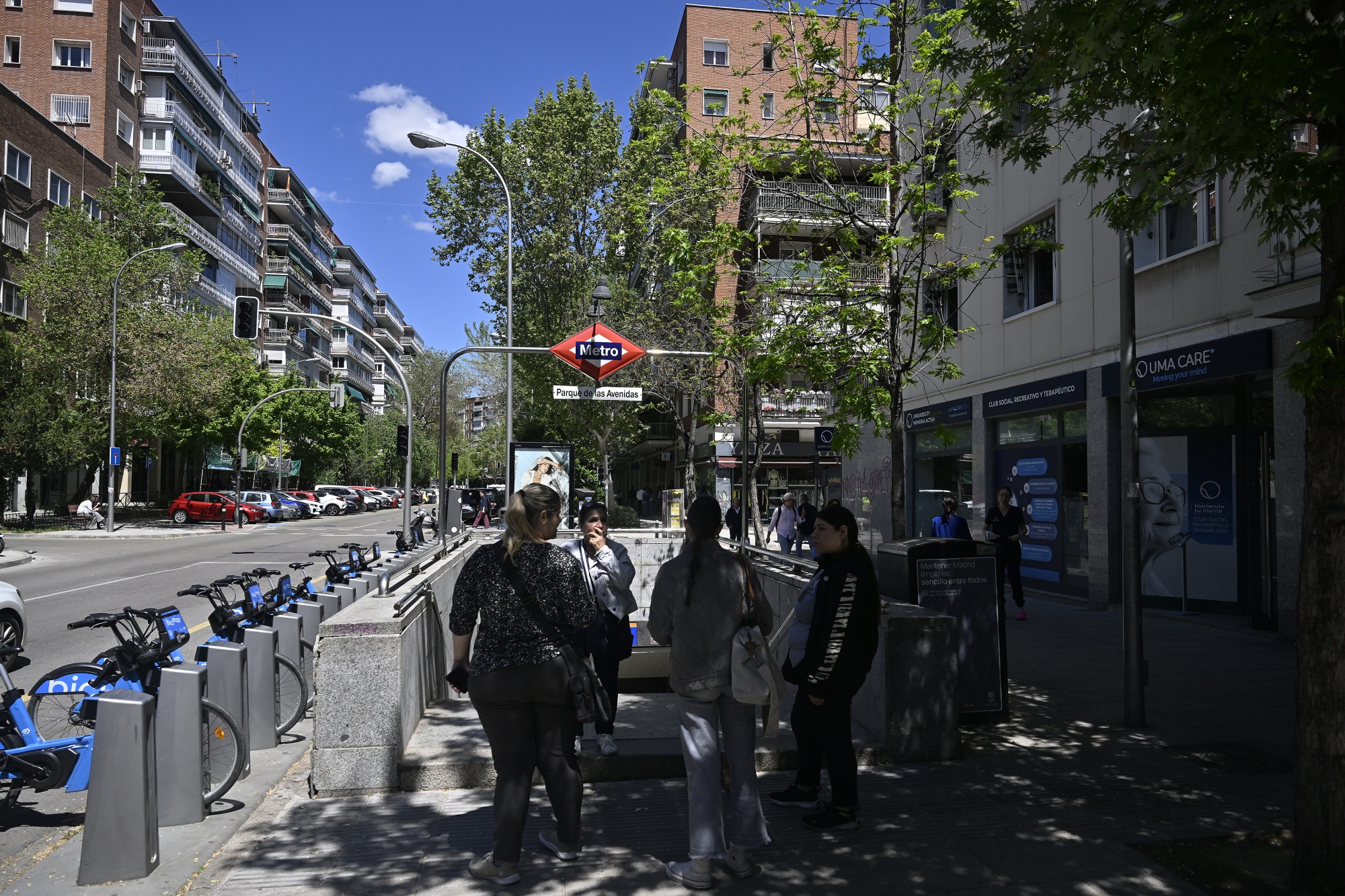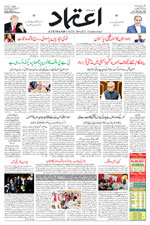Holidays may boost your immune system:study
Mon 03 Oct 2016, 11:10:56

Going on a two-week holiday could boost our immune system and help fight infection, suggest scientists who found that alterations to living space of mice dramatically changed their white blood cells.
The research at Queen Mary University of London (QMUL) in the UK provides the first evidence that an enriched environment influences the function of T cells - a type of white blood cell that is essential for immunity, and involved in HIV, rheumatoid arthritis and other chronic diseases.
The study found that a simple set of alterations to a living space of mice for a brief period of time caused dramatic changes to their T cells which made them more prone to having a protective inflammatory effect.For the study, mice were housed either in normal or 'enriched' environments for two weeks.
The normal environment consisted of a standard mouse cage filled with sawdust and nesting material.To provide a richer, 'multisensorial' standard of living, the enriched environment had a wider cage with wood shavings and toys, including a coloured nest-box, fabric tube, running wheel and swing.
"After only two weeks in an enriched environment with plenty of toys and space, the mice's immune systems were completely different and seemed to be better prepared for fighting infections," said lead researcher Professor Fulvio D'Acquisto from QMUL."This effect is remarkable because we haven't
given them any drugs, all we've done is change their housing conditions," said D'Acquisto.
given them any drugs, all we've done is change their housing conditions," said D'Acquisto.
"You could say that we've just put them in their equivalent of a holiday resort for two weeks and let them enjoy their new and stimulating surroundings," he said.T cells were extracted from the mice and stimulated with an agent that mimics infection.
T cells from mice living in the enriched environment showed a unique pattern in the release of certain signalling molecules that play a role in immunity.This included higher levels of Interleukin 10 and Interleukin 17, compared to mice in a normal environment, which would give a better response to infection.
The T cells also had a unique genetic fingerprint, with 56 genes that were boosted, many of which are involved in healing and fighting infections.
"Although this clearly still needs to be tested in humans, it raises an interesting possibility. What if doctors were able to change a patient's environment and prescribe a two week holiday?" said D'Acquisto.
"Perhaps we could boost the effects of standard drug treatments that deal with the mechanics of infection, by also offering something environmental that improves a patient's more general wellbeing. That might be a promising approach for treating chronic diseases," he said.
The study was published in the journal Frontiers in Immunology.
No Comments For This Post, Be first to write a Comment.
Most viewed from Specials
Most viewed from World
AIMIM News
Latest Urdu News
Most Viewed
May 26, 2020
Which Cricket team will win the IPL 2025 trophy?
Latest Videos View All
Like Us
Home
About Us
Advertise With Us
All Polls
Epaper Archives
Privacy Policy
Contact Us
Download Etemaad App
© 2025 Etemaad Daily News, All Rights Reserved.










































